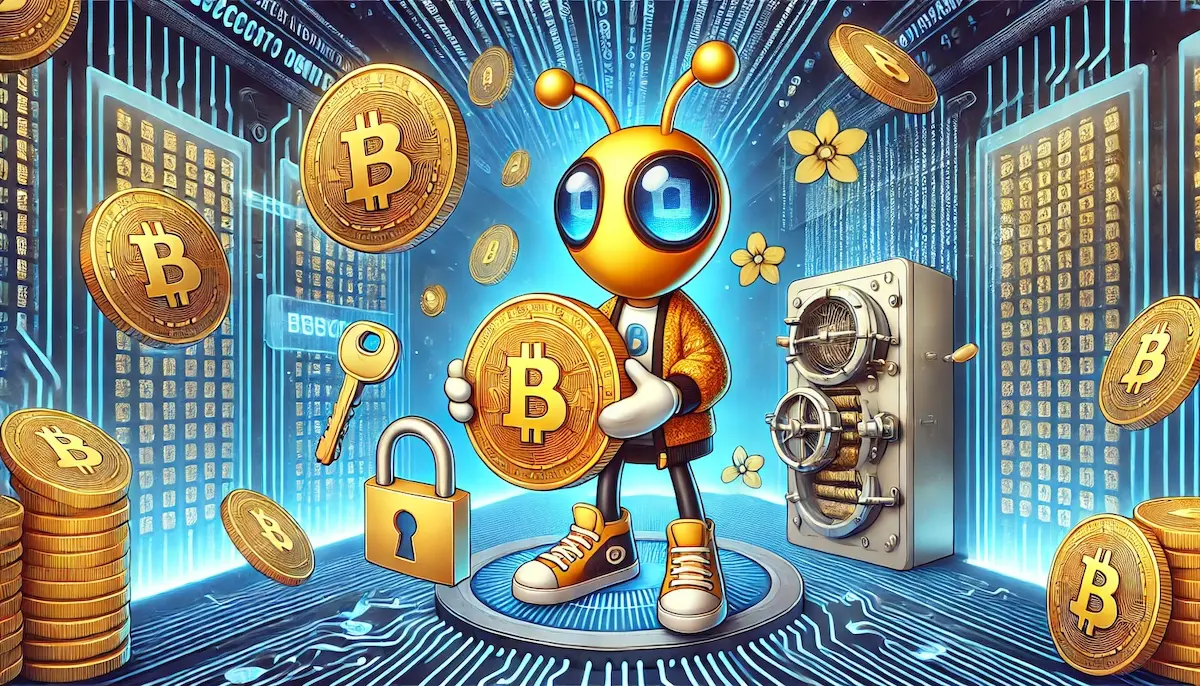Tokenization is a process that converts sensitive data into unique identifiers called tokens, which retain essential information without exposing the original data. This technology enhances security, compliance, and efficiency, particularly in financial transactions, data protection, and digital asset management.
What Is Tokenization?
Tokenization replaces sensitive data elements with non-sensitive equivalents (tokens) that can be used in place of the original data. The tokens are stored and managed in a secure database known as the token vault. This process ensures that the original data remains protected and can only be retrieved by authorized systems or users through the token vault.
Key Characteristics
Data Security
Tokenization protects sensitive information by substituting it with tokens that have no exploitable value. This reduces the risk of data breaches and unauthorized access.
Irreversibility
Tokens are generated in a way that they cannot be reverse-engineered to reveal the original data. The mapping between tokens and the original data is maintained securely within the token vault.
Scope Reduction
By using tokens instead of actual sensitive data, organizations can limit the scope of compliance requirements, such as those mandated by the Payment Card Industry Data Security Standard (PCI DSS).
Applications of Tokenization
Payment Processing
In the payment industry, tokenization is widely used to protect credit card information. When a customer makes a payment, their card details are tokenized, and the token is used to complete the transaction, ensuring that the card details remain secure.
Data Protection
Tokenization is used to protect sensitive personal data, such as social security numbers, medical records, and financial information. This helps organizations comply with data privacy regulations, such as the General Data Protection Regulation (GDPR).
Digital Asset Management
In the context of blockchain and cryptocurrencies, tokenization refers to creating digital tokens that represent real-world assets. These tokens can represent anything from real estate and artwork to stocks and commodities, enabling more efficient and transparent asset management.
Loyalty Programs
Businesses use tokenization to manage loyalty programs securely. Customers’ personal and transactional data are tokenized, allowing for safe and efficient tracking of loyalty points and rewards.
Benefits of Tokenization
Enhanced Security
Tokenization significantly reduces the risk of data breaches by ensuring that sensitive data is never exposed or stored in a vulnerable state. Even if tokens are intercepted, they are useless without access to the token vault.
Compliance
By reducing the scope of sensitive data that needs to be protected, tokenization helps organizations comply with various regulatory requirements, such as PCI DSS, GDPR, and HIPAA.
Reduced Fraud
Tokenization minimizes the risk of fraud by ensuring that sensitive information is not transmitted or stored in its original form. This makes it difficult for attackers to steal and misuse the data.
Operational Efficiency
Using tokens can streamline processes by reducing the complexity of securing and managing sensitive data. This can lead to cost savings and improved operational efficiency.
Challenges and Considerations
Token Management
Managing the tokenization process and the token vault requires robust security measures and controls. Organizations must ensure that the token vault is secure and that access to it is strictly controlled.
Integration
Integrating tokenization into existing systems and workflows can be complex. Organizations need to ensure that tokenization does not disrupt their operations or affect performance.
Token Lifecycle
Tokens must be managed throughout their lifecycle, from creation to expiration or revocation. This involves maintaining accurate mappings and ensuring that tokens are retired or replaced as needed.
Performance
While tokenization enhances security, it can introduce additional processing overhead. Organizations need to balance security with performance to ensure that tokenization does not negatively impact user experience or system efficiency.
Conclusion
Tokenization is a powerful technique for enhancing data security, reducing fraud, and ensuring compliance with regulatory requirements. By converting sensitive data into tokens, organizations can protect critical information while maintaining operational efficiency. Despite the challenges associated with token management and integration, the benefits of tokenization make it an essential tool for modern data protection strategies.
Blockfine thanks you for reading and hopes you found this article helpful.
